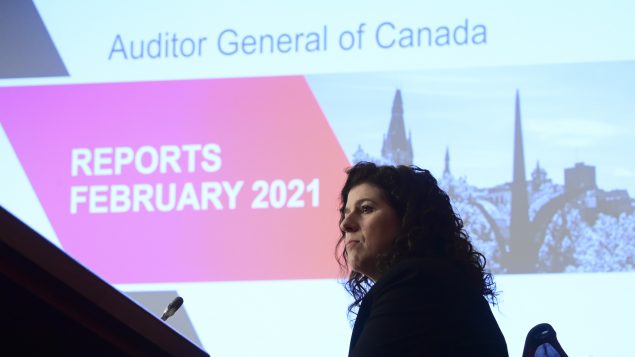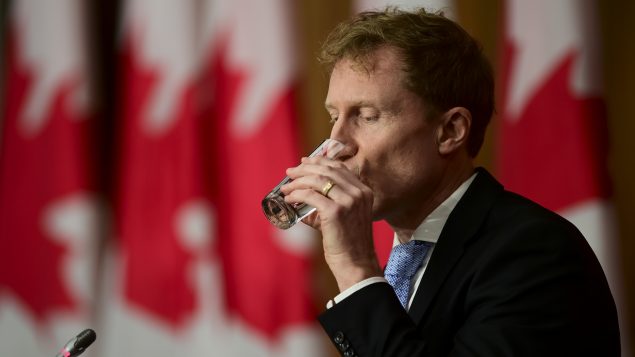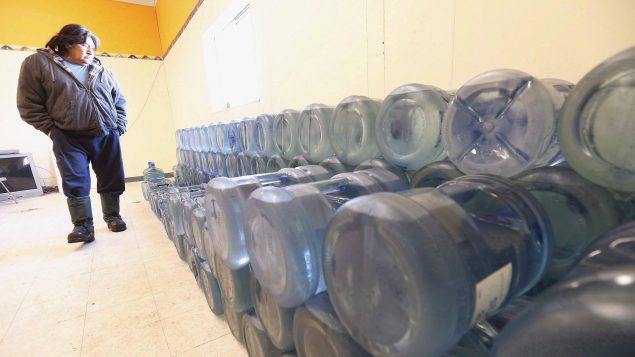Canada’s auditor general says Prime Minister Justin Trudeau’s government has failed to honour its 2015 pledge to eliminate long-term drinking water advisories in First Nations communities and provide them with access to safe drinking water.
The Liberals had committed during the 2015 election to eliminating all long-term drinking water advisories on public water systems on First Nations reserves by March 31, 2021.
But in a report released on Thursday, Auditor General Karen Hogan found that as of November 2020, 60 long-term drinking water advisories were still in effect in 41 First Nations communities. Of the 60, almost half (28) had been in place for more than a decade, the report said.
“I am very concerned and honestly disheartened that this longstanding issue is still not resolved,” Hogan told a press conference in Ottawa today.
“Access to safe drinking water is a basic human necessity. I don’t believe anyone would say that this is in any way an acceptable situation in Canada in 2021.”

Auditor General Karen Hogan holds a press conference after releasing a report in Ottawa on Thursday, Feb. 25, 2021. (Sean Kilpatrick/THE CANADIAN PRESS)
The report found that Indigenous Services Canada had not amended the operations and maintenance funding formula for First Nations water systems since it was first developed 30 years ago and a salary gap contributed to problems in retaining qualified water system operators.
“Until the formula is updated, it will be unclear whether recent funding increases will be sufficient to allow First Nations to operate and maintain their water infrastructure,” Hogan wrote.
Furthermore, no regulatory regime was in place to help ensure access to safe drinking water in First Nations communities, she wrote.
Hogan recommended the department work with First Nations to proactively identify and address deficiencies in water systems to prevent recurring problems.
“Implementing sustainable solutions requires continued partnership between the department and First Nation,” she wrote.
“Until these solutions are implemented, First Nations communities will continue to experience challenges in accessing safe drinking water — a basic human necessity.”
‘A large system of patchwork policies’

Marc Miller, Minister of Indigenous Services, holds a news conference in Ottawa on Wednesday, Dec. 2, 2020., to announce additional funds to improve access to safe drinking water on reserves. (Sean Kilpatrick/THE CANADIAN PRESS)
Speaking to reporters ahead of the release of the report on Wednesday, Indigenous Services Minister Marc Miller said the federal government remains committed to meeting its pledge and “will not stop until long-term water advisories are lifted regardless of the challenges faced in getting there.”
There were 105 water advisories on First Nations reserves when the Liberals came to power in the fall of 2015, Miller said.
“Once we began the work, it became clear that transforming water infrastructure on reserves also meant confronting a large system of patchwork policies and historic underfunding,” Miller said.
Some isolated First Nations communities lacked four-season roads to transport construction supplies, Miller said.
“Each community has its own set of challenges and from the beginning we worked directly with community leaders to identify and formulate the best path forward in each case,” Miller said.
With files from CBC News







For reasons beyond our control, and for an undetermined period of time, our comment section is now closed. However, our social networks remain open to your contributions.